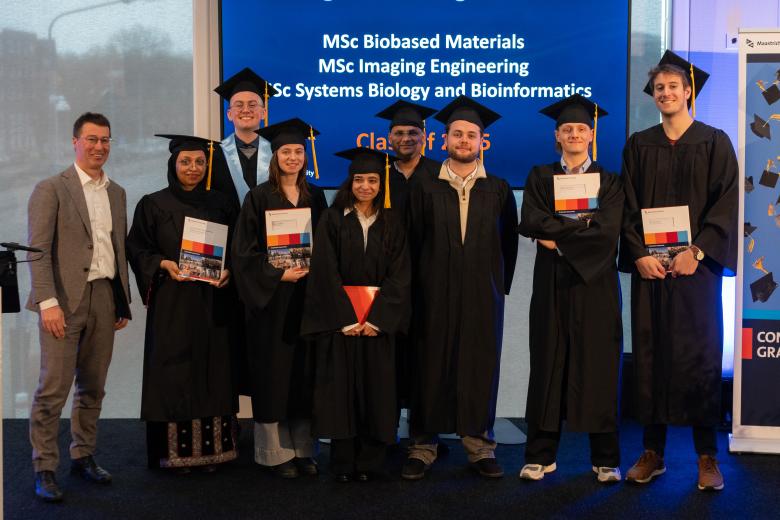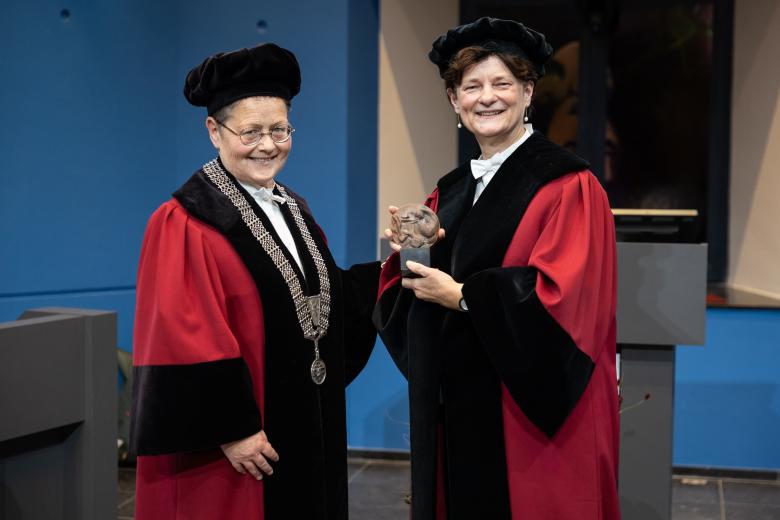Lorenzo Moroni receives ERC Proof of Concept grant
Lorenzo Moroni, interim scientific director of MERLN, is the lucky recipient of an ERC Proof of Concept grant for his proposal entitled “The hydrocup: a hollow electrospun scaffold for in vivo cell-laden hydrogel delivery”.
This grant is based on the research performed with a previous ERC starting grant in which Lorenzo’s group showed that adult stem cells encapsulated inside electrospun “hydrocups” remained viable for 28 days in vitro and released functional cytokines similar to hMSCs in hydrogels alone. In addition, the hydrocups remained intact and fixed in place for 6 weeks after subcutaneous implantation in rats. This is very promising since secreted cytokines can have positive effects such as immunomodulation, angiogenesis and tissue regeneration.
In this ERC proof of concept proposal, they will further study the hydrocup as a device for a wide variety of cell-based cytokine secretion or drug-laden hydrogel applications. Of special interest is the cardiac regeneration market where stem cell based therapies have so far suffered from low viability of cells after injection. Following a market analysis study of competitors in the cell therapy field, they will propose an initial business plan for seeking further investments to create a spin-off company at the end of the grant.

Also read
-
Green school playgrounds boost concentration and wellbeing
Children at schools with green playgrounds are better able to concentrate and display more social behaviour. This is the conclusion of a follow-up study within the long-running project The Healthy Primary School of the Future .
-
Ron Heeren appointed fellow of the Netherlands Academy of Engineering
Professor Ron Heeren, distinguished university professor at Maastricht University (UM) and director of the Maastricht MultiModal Molecular Imaging Institute (M4i), was appointed as a fellow of the Netherlands Academy of Engineering (NAE) on Thursday 11 December.
-
Prof. dr. Mirjam oude Egbrink awarded MUMC+-medal
During her farewell lecture on Friday, 28 November, Prof. Mirjam Oude Egbrink was awarded the MUMC+ medal by Dean Annemie Schols for her distinguished career.